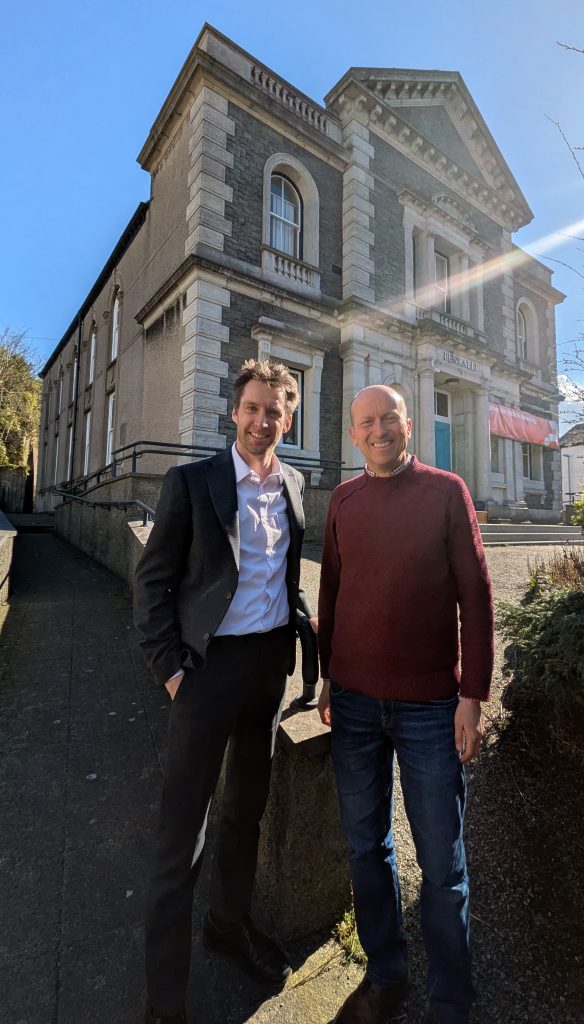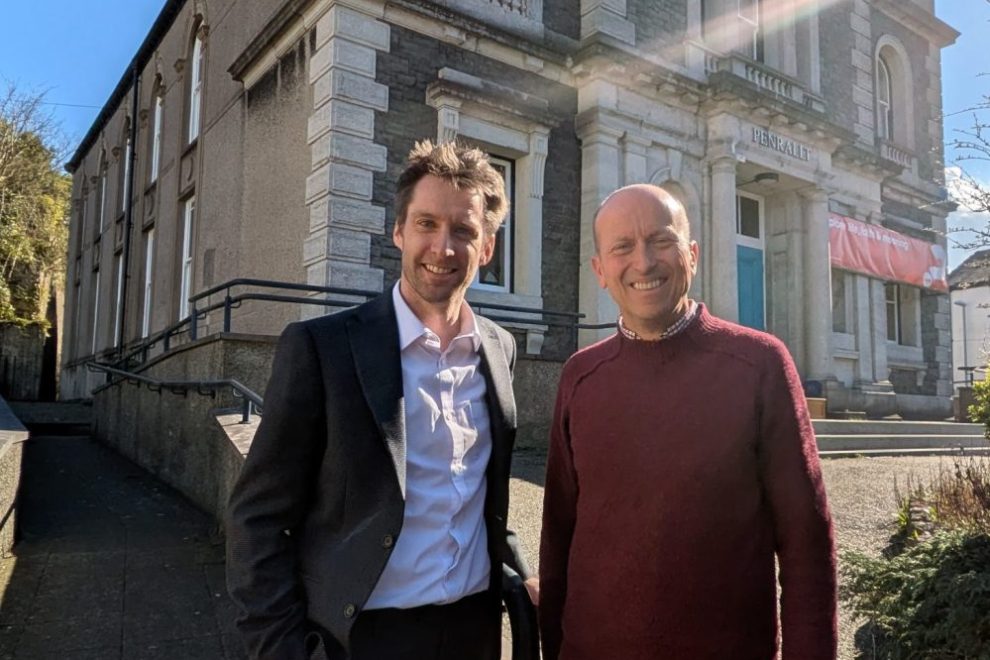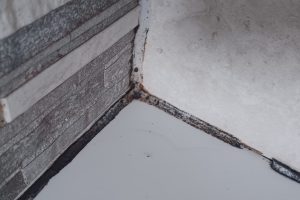SAM ROWLANDS, Member of the Welsh Parliament for North Wales, welcomes an initiative which offers support to the local community in Bangor.
Mr Rowlands said: “I was delighted to recently have the opportunity to meet Rev John Thompson and visit Renew 57 at Penrallt Baptist Church in Bangor.
“It was great to hear all about this initiative which is part of the Renew Wellbeing movement and invites everyone to a friendly safe haven to meet up with others and enjoy a cuppa and a chat.
“I was very impressed with the idea of the sessions which are free and offer different activities aimed at helping people with their wellbeing.”
Every Thursday from 10:30am to 12:30pm people are invited to Renew 57 at Penrallt Baptist Church, Bangor, a quiet shared space where it’s ok not to be ok.
The church is open for a variety of hobbies and activities and anyone is welcome to bring and share a hobby or skill, join an activity, or just to drop-in for part of the time.
All the activities are free or you can call in just to relax, have a chat, or enjoy the peace in a quiet area. There are also free refreshments.
The activities are based around the ‘5 ways to wellbeing’ which promote good mental and emotional health. To connect, give, be active, keep learning and take notice.
This drop-in is part of the Renew Wellbeing movement and helps churches open spaces of welcome and inclusion for over 18s in partnership with mental health teams to improve mental and emotional wellbeing.
Renew spaces are simple cafe style spaces run by local churches where hobbies and activities are shared or co-produced. Each cafe space is attached to a quiet room or prayer space where inner habits of wellbeing are shared.
Each church partners with a mental health professional from the local council or other suitable organisation to ensure good inclusive practices for safe spaces where it’s OK not to be OK can be sustained.















